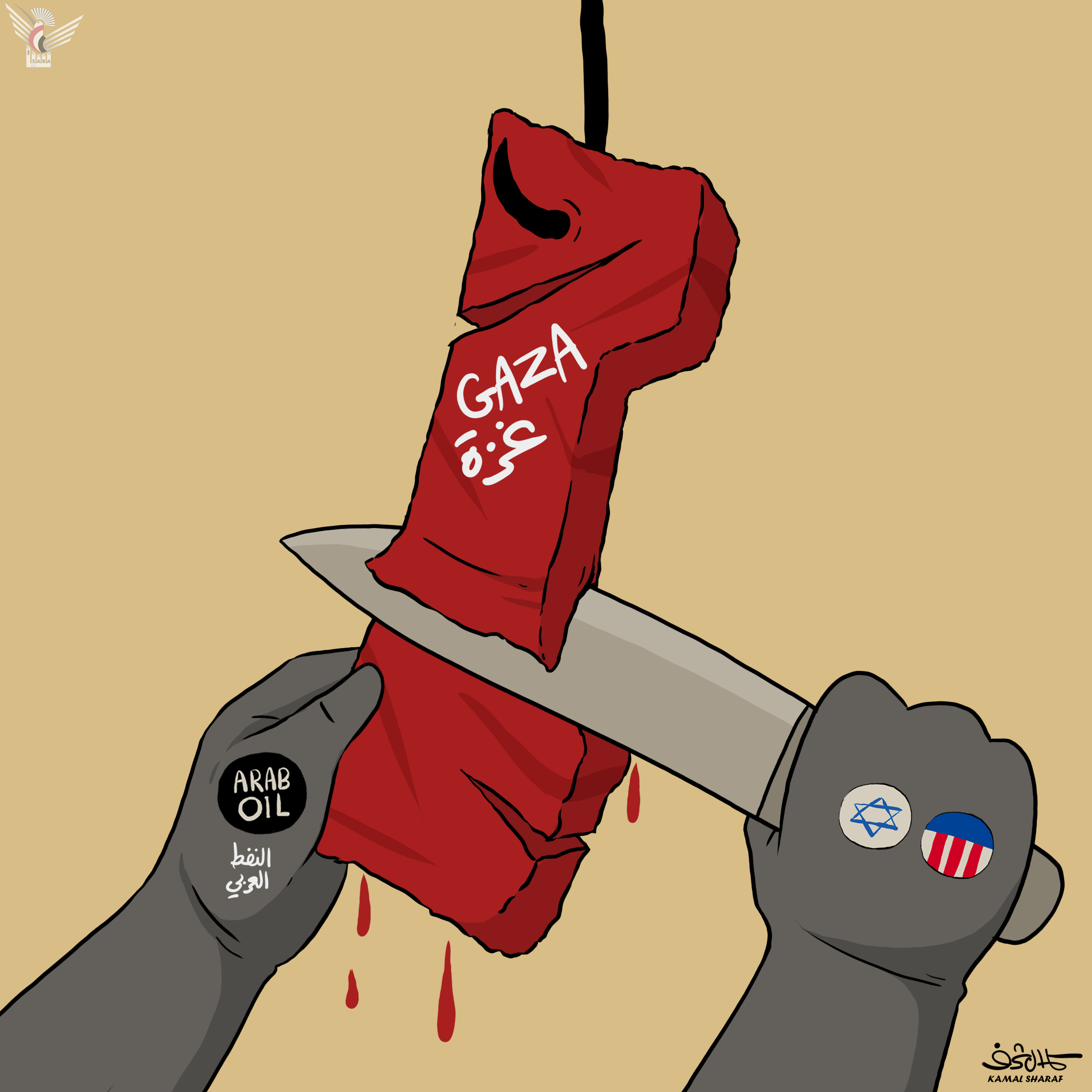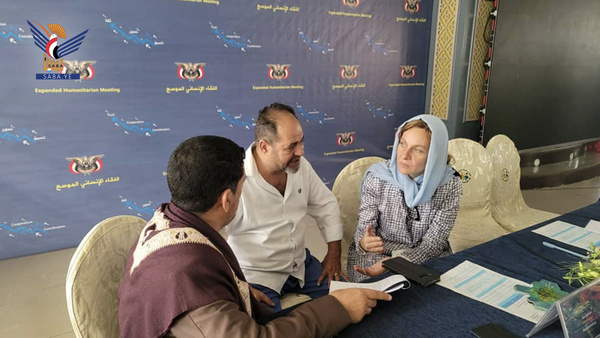Sana'a - Saba:
Rosaria Bruno, the representative of the United Nations Office for the Coordination of Humanitarian Affairs (OCHA) in Yemen, described the expanded humanitarian meeting held in Sana'a in late July as an important step toward opening direct dialogue channels between relevant authorities , international and local organizations.
In an exclusive interview with the Yemeni News Agency (Saba) on the sidelines of the meeting, which was attended by the government, UN, international, and local organizations, she said, "We witnessed a strong commitment to finding practical solutions to previous challenges and facilitating humanitarian work."
She noted a mutual understanding of the importance of reaching the most vulnerable groups while emphasizing respect for Yemen’s sovereignty and its laws regulating humanitarian work. She also praised the generosity and resilience of the Yemeni people in facing growing humanitarian challenges.
Interview Transcript
Saba:First, welcome to this exclusive interview with the Yemeni News Agency (Saba).
Rosaria Bruno:Thank you very much, and I am pleased to participate.
Saba:What are the key expected outcomes of the expanded humanitarian meeting hosted in Sana'a with the participation of UN, international, and local partners?
Rosaria Bruno: I believe this meeting was an important step toward opening direct dialogue channels with relevant authorities , international and local organizations. Over the three days of the meeting, we observed a strong commitment to finding practical solutions to previous challenges and facilitating humanitarian work.
There was also a mutual understanding of the importance of reaching the most vulnerable groups while emphasizing respect for Yemen’s sovereignty and its laws regulating humanitarian work.
Saba: How do you assess the partnership between stakeholders and UN/international organizations in managing the humanitarian response?
Rosaria Bruno:Partnership is essential for the success of humanitarian work. The efforts of international organizations complement and are inseparable from government efforts. With limited funding and the suspension of some projects in certain areas, cooperation becomes even more critical to bridging gaps. There is growing awareness of each party's role, especially in emergency responses such as cholera control.
Saba: What are the main funding challenges currently facing humanitarian work?
Rosaria Bruno:Unfortunately, the decline in global funding, particularly for Yemen, has significantly impacted our ability to respond. However, we are working with donors to ensure the effective allocation of available resources. Recently, some donors pledged to increase support after reviewing the outcomes of the expanded meeting in Sana'a—a positive indicator that may improve the situation in the coming period.
Saba: Can aid return to its previous levels? Is there a timeframe for that?
Rosaria Bruno:The funding decline is not unique to Yemen but affects humanitarian responses globally. However, we hope current efforts will attract additional support. Recent meetings with donors showed initial readiness from two to three donors to provide new funding, which may reflect positively in the coming months.
Saba:What message would you like to send to the Yemeni people?
Rosaria Bruno:The Yemeni people exemplify generosity and resilience in the face of challenges. Since my arrival in Yemen in December 2022, I have seen how needs have increased, but I have also witnessed unmatched determination and strength.
My message is that humanitarian workers are fully committed to the principles of humanitarian action, foremost among them serving the most vulnerable and providing support with complete neutrality and humanity.

| more of (Local) |




